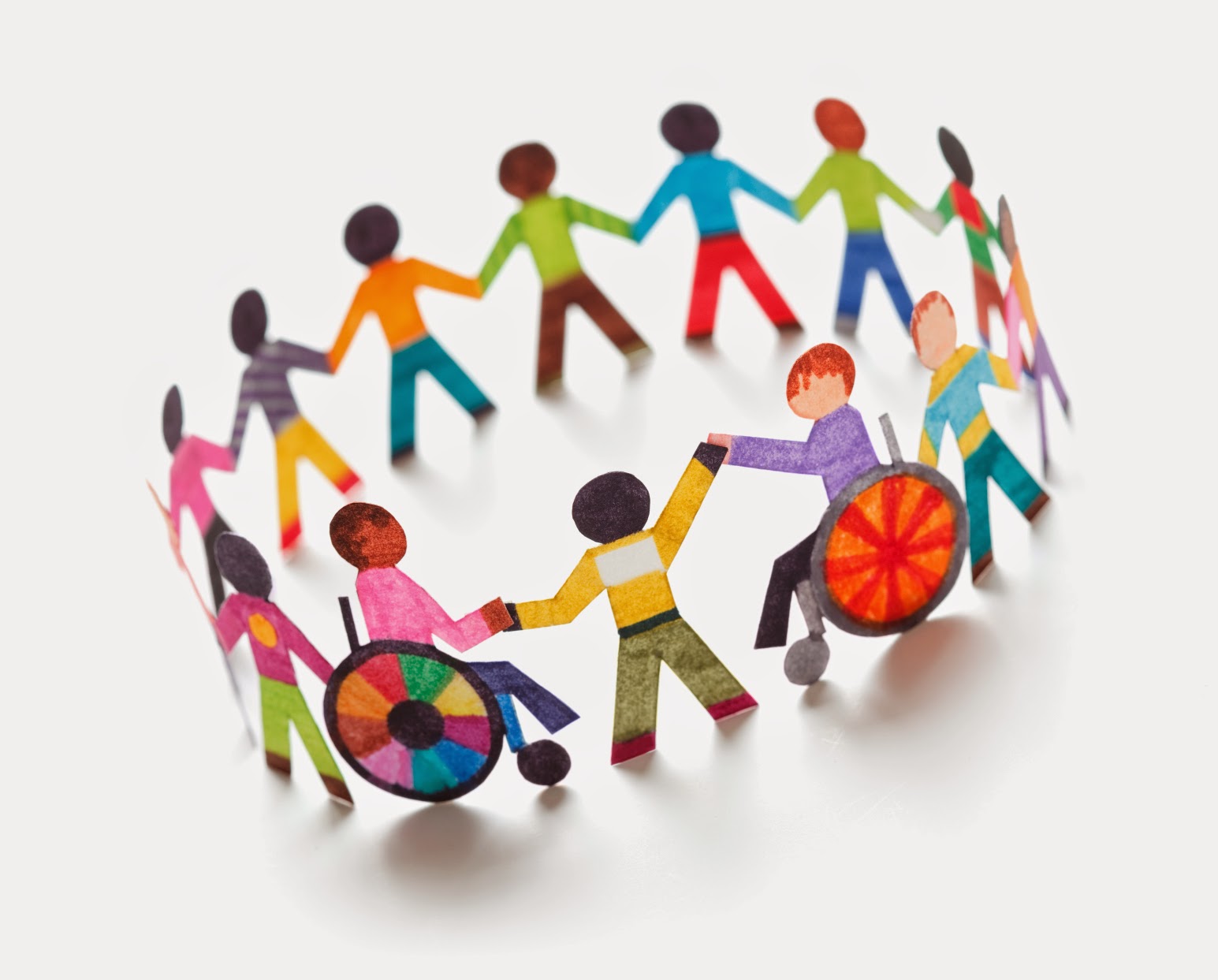Final Blog: Disabled Sports
When reflecting back on what I knew about disabilities and sports in the beginning of the semester, it was not a lot. Although this was a course to fulfill my disability studies minor, I feel that this was a good class to have under my belt. I had not been too familiar with disabled athletes, its history, and the Paralympic Games. Now, I feel that I have learned so much on the placement/classifications for disabled athletes, the equipment that is needed, and the cheating or doping that takes place. I feel that it was important to learn about the classification process for athletes when going on to compete in the Paralympic Games. One might question why you need to categorize these different athletes, but it is pertinent that all athletes are able to perform to their best ability while being placed in a fair playing field, although this process may be tedious. Along with this process, athletes should be provided with the proper equipment for their sport to maximize their full potential. The one thing I was most surprised to learn about was cheating and doping in disabled sports. Although I was shocked to hear about this, cheating is something that takes place all the time, and seems to be something you cannot avoid in sports. There had been previous stories of non-disabled athletes trying to pass as persons with disabilities so that they could win in the Paralympic Games. This is something that is so unfair because the Olympic Games are exclusive only to able bodied people, so it is not fair that people without disabilities are able to mock people with disabilities and compete in their Games. When it comes to doping, this is the intentional use of performance enhancers to boost your competitive stats. There had been a previous story on a Russian woman, Yuliya Stepanova, who was doping to enhance her performance, along with her team, and then decided to confess. This was a story that ultimately forced her and her family to flee since the country of Russia had felt that she had betrayed them.
Overall, this class has changed my mind set on athletes with disabilities. They are like any other athlete and enjoy being in a competitive nature. They train just as hard as any other athlete and are determined to be the best version of themselves. Your disability does not set you back from competing in a sport you love. I feel that society as a whole need to take time to study the history of disabilities so that there can be more awareness and less pity/judgement towards them. It is important that those who have learned about people with disabilities advocate, and that is what I am going to continue to do. All people deserve basic human rights, and no person should feel less than or unvalued in society.
Pictures:
https://www.degruyter.com/document/doi/10.1515/ci-2020-0103/asset/graphic/j_ci-2020-0103_fig_001.jpg
https://www.edf-feph.org/content/uploads/2020/01/adrc_homepage_1.jpg
https://www.jacksons-law.com/wp-content/uploads/2017/06/AdobeStock_114273922-disability-and-equality-resized.jpg
https://static01.nyt.com/images/2019/12/23/sports/23stepanovs/23stepanovs-mobileMasterAt3x.jpg




Comments
Post a Comment